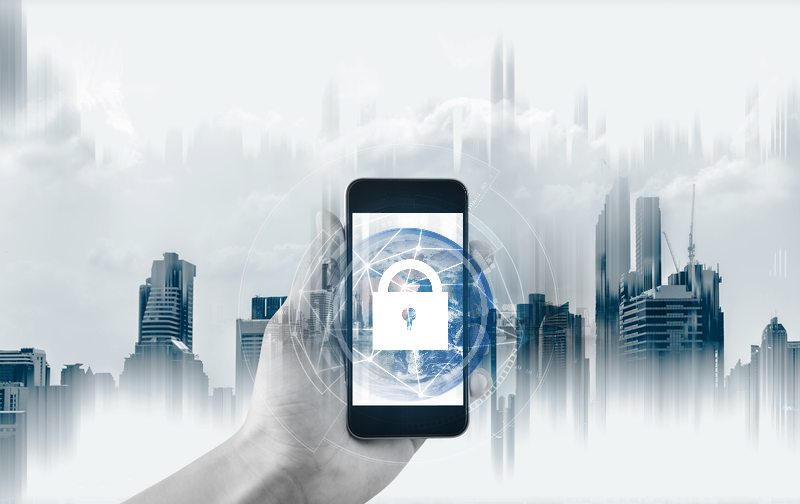
How to Protect Your Devices From Attacks and Maintain Your Online Privacy
In 2022, we use the Internet as a primary source of entertainment, enrichment, and education.
Although there are many good sides to using the Internet, that doesn’t mean there aren’t any risks involved. Threats can come in many shapes and sites online. From viruses and malware to hackers and scammers, there are plenty of reasons to want to protect yourself online. To help you stay safe while traversing the Internet, here are some tips and tricks everyone needs to know. Follow this guide to stay safe and protect your devices and information from online threats.
Cet article va aussi vous intéresser : Protect Yourself Online – Follow These 6 Useful Steps
Avoid shady sites
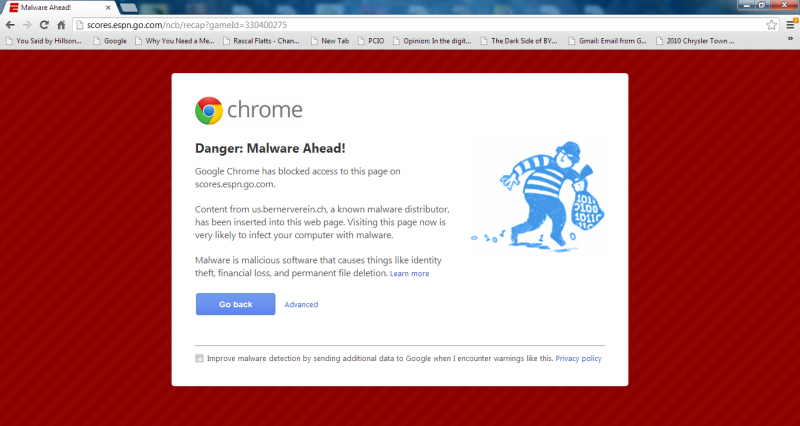
The first rule of internet safety is to avoid unreputable and shady websites. These websites are sprinkled throughout the internet and exist as a breeding ground for online threats and dangers. To avoid these dangerous websites, you first need to know how to recognize them. Always look into a website before using it, especially if you’re shopping online. Look at reviews of the website and its design to get a better idea. If the website is covered with sketchy pop-up ads, too many download buttons, or has terrible to no reviews, steer clear of it.
Get a VPN
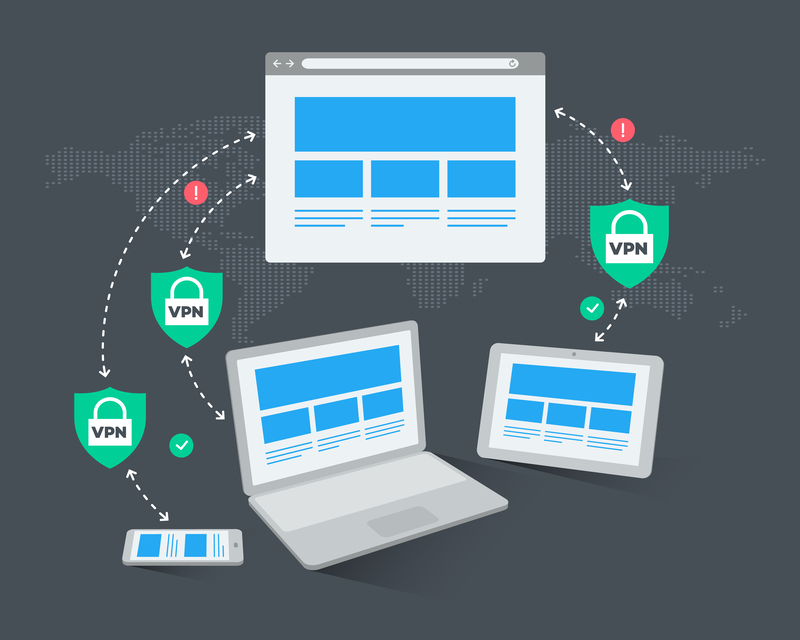
Your second line of protection against online threats is to have a VPN. A virtual private network protects you from hackers, trackers, and other threats. VPNs keep your IP address private and can help you change your location to unlock content and stay safe online. There’s a VPN provider out there to fit any security specification or budget. Those at cyberwaters.com have compiled a list of the best VPNs in the business, to help you along the way. Protect your devices and personal information by using a VPN.
Invest in a good antivirus
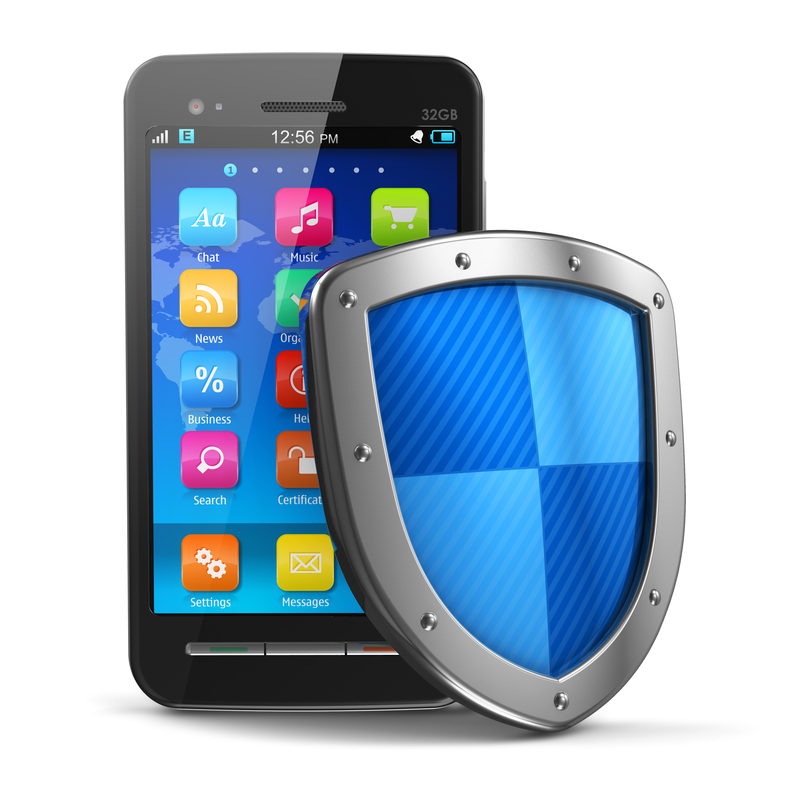
VPNs go hand in hand with antivirus software. There are many types of antivirus software that keep you and your device safe from malware. A good antivirus will alert you to any malicious files, websites, or software before it has a chance to do any damage. You can also use antivirus software to detect any corrupted files on your devices and get rid of them.
There are many antivirus programs to choose from, and it’s important to choose a high-quality, full-scale one for the best results. Whether you’re browsing, shopping, or playing VR games online, having an antivirus is a good idea.
Have strong passwords
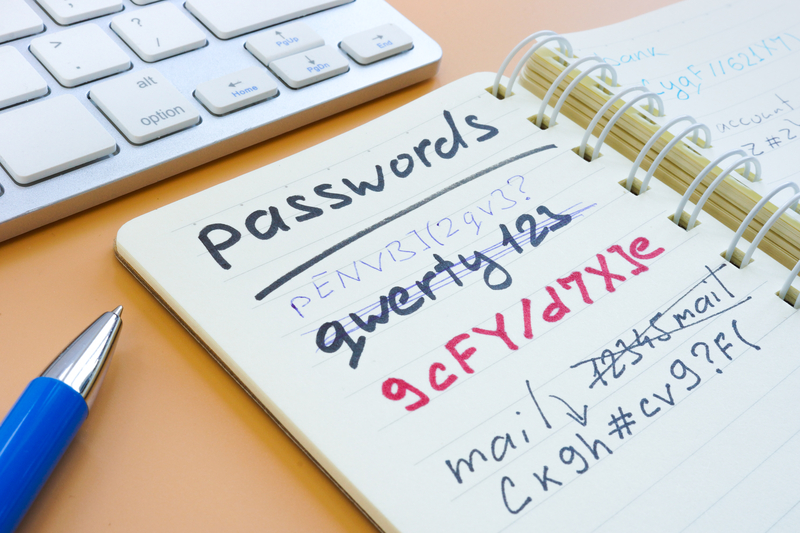
Staying safe and protecting your devices online starts with you and your passwords. Your password is a barrier for anyone trying to hack or get into your accounts and personal information. When creating an account anywhere, make the strength of your password the priority over its memorability.
Make a note to always use upper and lower case letters, as well as numbers and punctuation marks. Avoid using the same password across different accounts, as this can be a security risk. A strong password makes the world of a difference and will deter the average hacker from exploiting the average person.
Watch where you click

Whether you’re browsing the internet or chatting to someone online, you need to watch where you click. Phishing is a technique commonly used online by hackers and scammers to get your personal information.
Scammers phish by sending you a link or email that will take you to a fake site where you’ll need to fill out your personal information. Instead of sending your personal details or bank information to a legitimate website, you’ll be handing it over to scammers. To avoid falling victim to a phishing scam, stay educated, learn the signs, and watch where you click.
Stay private and be cautious
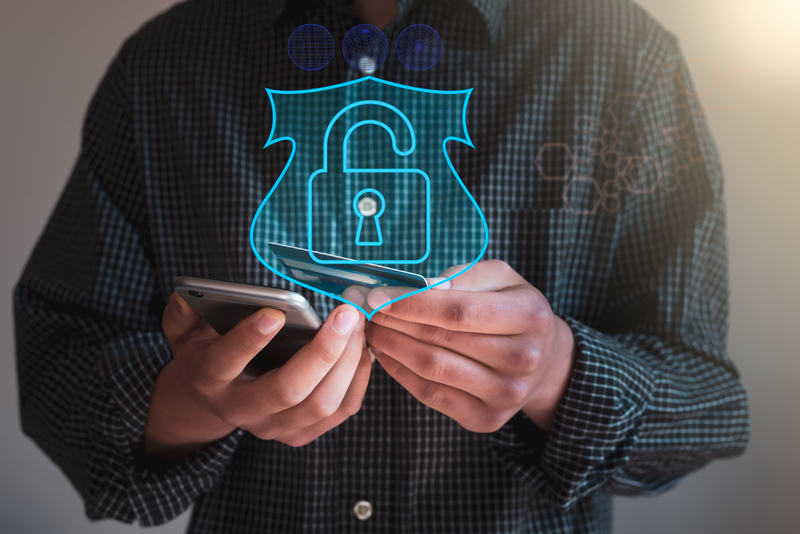
Last but not least, whenever you’re on the internet, it’s always a good idea to keep to yourself and exercise caution. Always check the website you’re using and steer clear if it asks for too much personal detail. Avoid and get rid of emails from unknown addresses and companies and don’t click on any links they send you. Always fact-check accounts and companies that contact you to collaborate for scams.
Never give out any personal information unless you absolutely have to, or trust the person you’re talking to. Be wary of oversharing on the internet to strangers and on dating profiles, as you may attract the wrong crowd.
So there you have it! If you keep these tips and tricks in mind, you’re sure to keep both yourself and your devices safe while online. Be careful of which websites you choose to use and visit, and avoid shady sites. Protect your privacy, information, and devices with VPNs and antivirus software. Make a habit of keeping strong passwords and avoid using the same one across different accounts. Avoid phishing scams by watching where you click, and remember to stay private and stay vigilant on the internet. Good luck and happy browsing!
Now access an unlimited number of passwords!
